If your cat requires surgery, you’ll probably be concerned about how to help him or her recover as quickly and completely as possible. In general, cats are some of the most resilient creatures on the planet, but any surgery can bring significant pain and stress in the immediate aftermath. Fortunately, there are many simple ways you can help your feline friend through this challenging time, from moving him around more slowly to getting him on board with an appetite stimulant to making sure he gets lots of love and attention from you and other family members. Here are 10 clever ways to help your cat recover from surgery.
1) Play With Toys
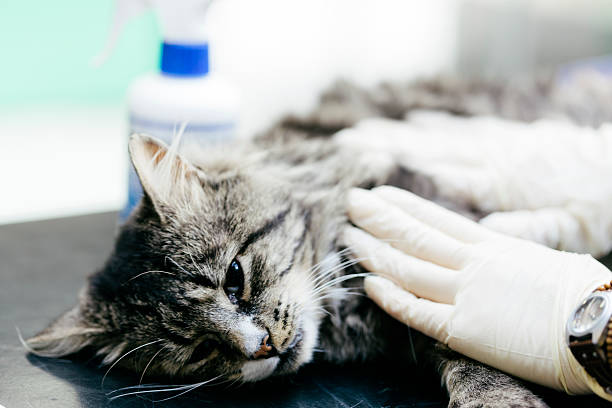
If you’ve just put your cat through a surgical procedure, you may be wondering how you can help her recover. Toys are a great way to keep your cat entertained and happy while she heals. Try hiding toys around the house for your kitty to find as a fun way of getting around after surgery. Once she gets the hang of navigating with her front paws, try moving things around so that she needs to use her back legs more often.
2) Keep Them Busy
One of the best ways to keep your cat occupied after surgery is with a laser pointer. This will help them get some much-needed exercise and allow them to chase something without running around. You can also try hiding their favorite toy in different spots, or put a towel over their food and then move it around so they have to work for it.
3) Make a Schedule
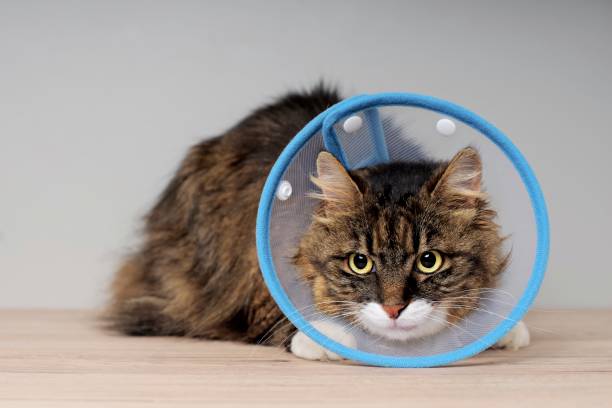
If your cat is recovering from surgery, you may be wondering what you can do to help make the process go more smoothly. As always, consult with your veterinarian before making any changes in your cat’s diet or daily routine.
-Provide a shallow pan of water: Cats that have had abdominal surgery will feel better if they can drink from a bowl that is not too deep.
4) Monitor Their Pain Levels
Monitoring your cat’s pain levels is one of the most important things you can do after surgery. If your cat is still in a lot of pain, it might be time for a new dose of medication. You should also monitor the color of their urine and their poop—if they’re straining to go or have diarrhea, that could be a sign that they need help with constipation.
5) Provide Adequate Rest
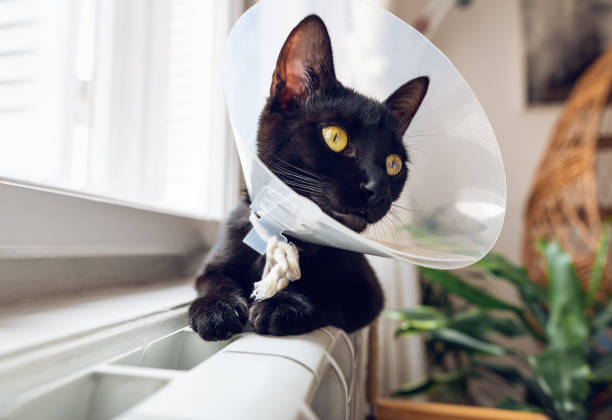
Cats need lots of rest after surgery, and as a pet owner it’s your job to make sure they’re getting it. The best way to do this is by providing them with a soft, private space that they can call their own. It should be warm, quiet and dark so they can sleep soundly without being disturbed. If you’ve got more than one cat in the household, provide each with their own space by using privacy screens or putting them in separate rooms where they can’t see each other.
6) Don’t Let Them Get Overweight
One of the most important things you can do for your cat after surgery is to make sure they don’t get overweight. Cats that are too heavy have a higher risk of developing diabetes, heart disease and arthritis. To help your cat stay at a healthy weight, try giving them wet food instead of dry food, and avoid feeding them as much high calorie treats.
7) Eat Small Meals Regularly
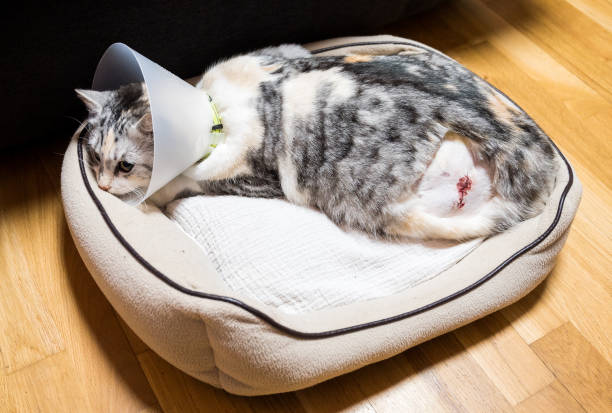
Feed your cat smaller meals more often. This will help your cat get the nutrients they need while helping them feel full. It also helps prevent hairballs and reduces nausea which can both be unpleasant for a recovering cat. Provide Soft Bedding: Soft bedding is comforting for cats recovering from surgery, it also makes it easier for you to keep their litter box clean by preventing the solid waste from getting stuck in the corners of the litter box and make cleaning up easy.
8) Take Advantage of Modern Technology
The best way you can help your cat is by taking advantage of modern technology. Use a pet cam, which allows you to monitor your cat’s activities throughout the day. You’ll be able to see if they’re eating and using their litter box, and will be able to identify any signs of distress. If you don’t have access to a camera but still want an update on your kitty’s status, set up one or more webcams near the area where your cat is recuperating.
9) Understand Their Individual Strengths and Weaknesses
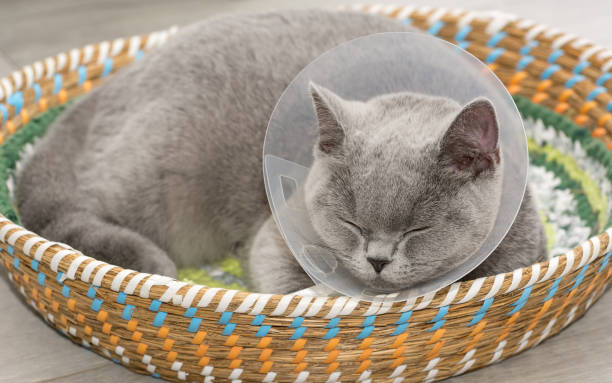
Cats are naturally curious and active animals. If your cat is recovering from surgery, you should try to keep him as active as possible in order to get him back on his paws quickly. Even if he’s feeling tired or sore, don’t let him rest for too long at a time. Take advantage of the fact that cats are natural climbers and encourage them to climb up and down things like a cat tree or even furniture. This will give them an opportunity to use their muscles in a controlled way while they recover.
10) Give Them Space
Give your cat space after surgery. After an operation, it’s usually best for the cat to rest and recuperate without any extra stimulation. Keep food and water out of reach, keep all pets away, and resist the urge to play with them for a few days. This will allow them time to heal and allow you time to monitor their progress without adding any other stress.
